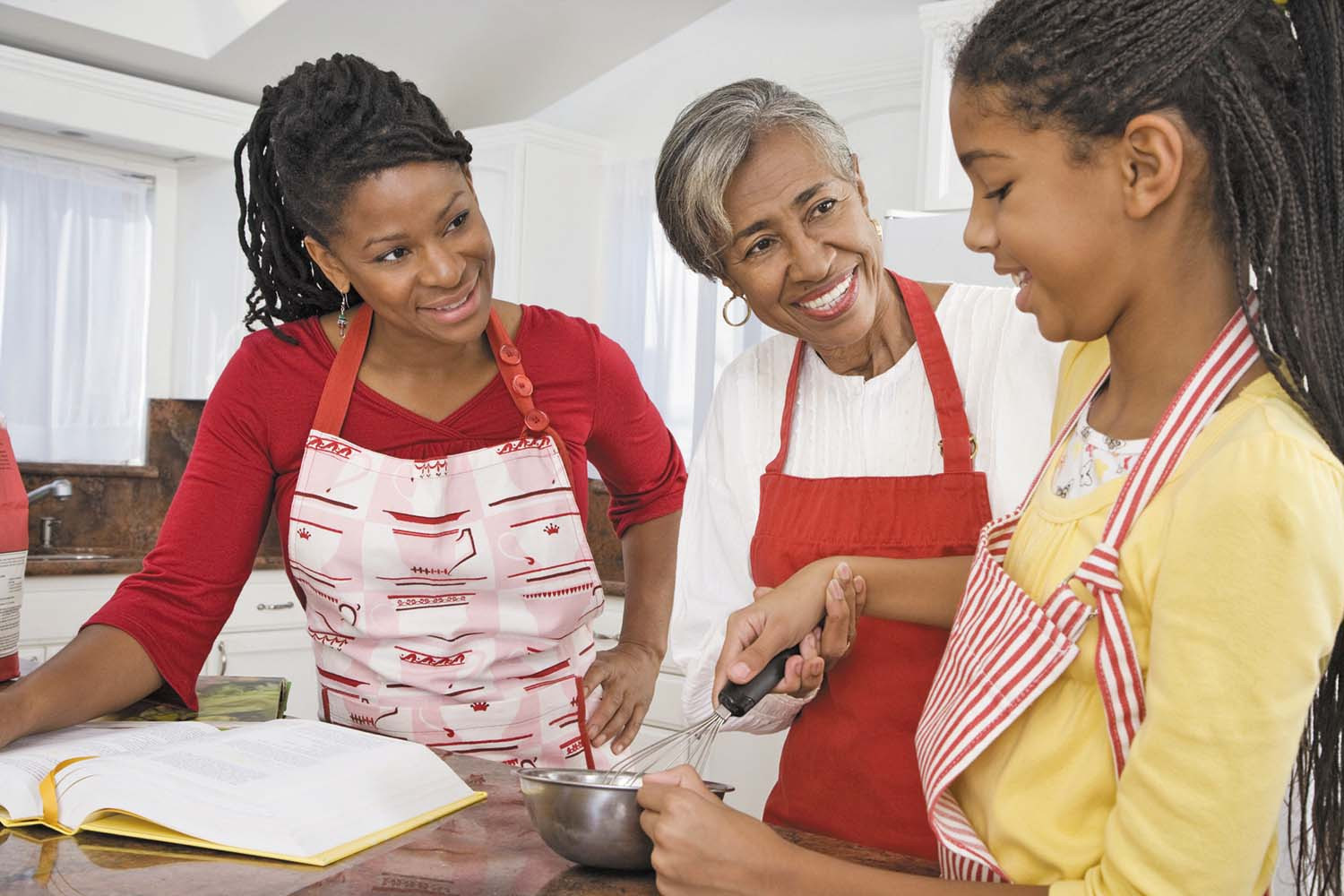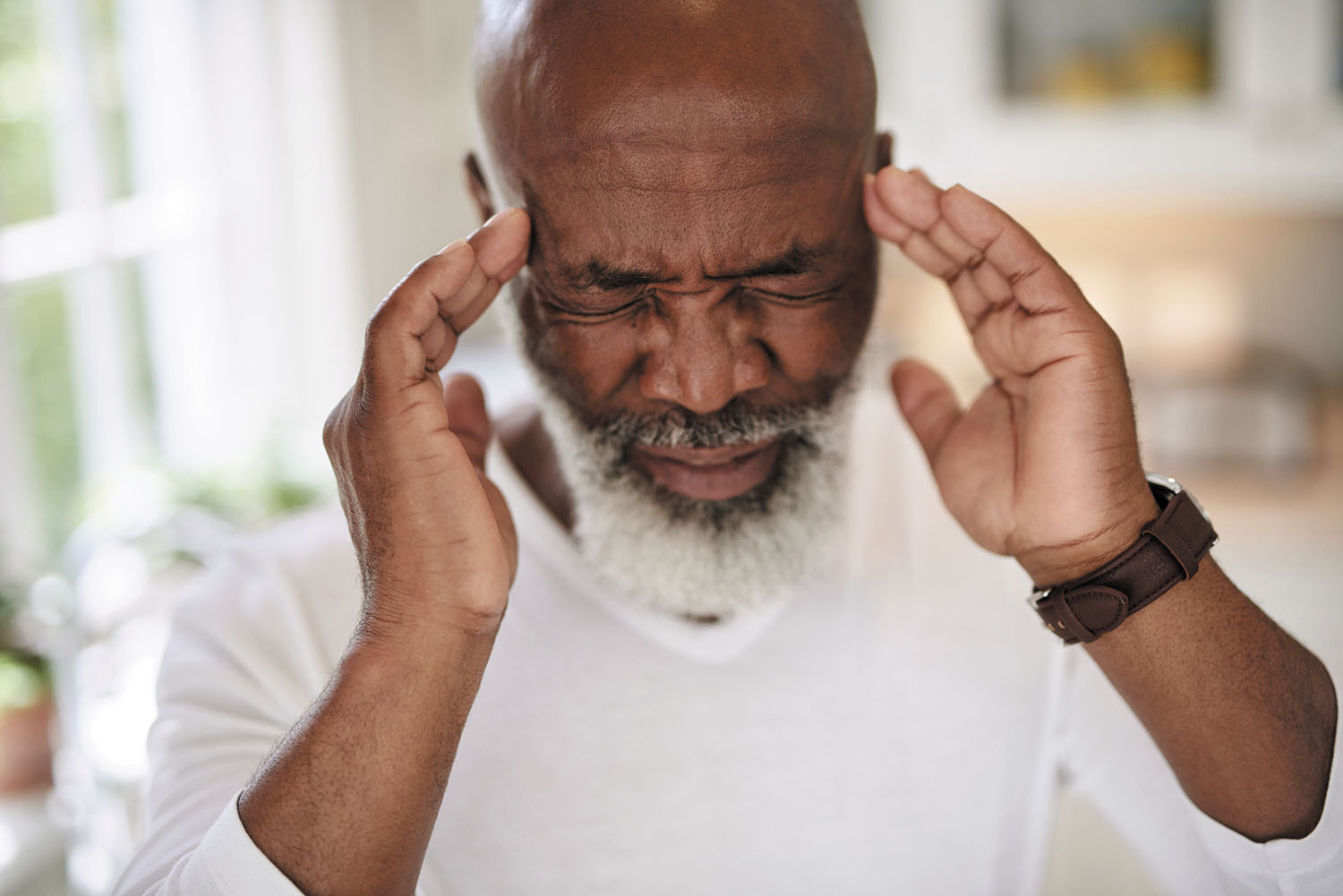
Trying to lose weight? Be careful not to lose muscle

Is your skin problem actually an autoimmune condition?

People with diabetes face higher risk of hearing loss

Antibiotic-free fixes for recurrent UTIs

Musculoskeletal syndrome of menopause: When menopause makes you ache all over

When can older women stop getting mammograms?

To lose weight, especially harmful belly fat, combine diet and exercise

Can men hold off on treating recurring prostate cancer?

The 7 types of rest and why we need them all

What are the early warning signs of cervical cancer?
Pain Archive
Articles
Chest pain: Causes other than the heart
Most cases of chest pain don't signal heart problems. While chest discomfort of any kind should never be ignored, many conditions can trigger it. These include gastroesophageal reflux disease, gallstones, asthma, ulcers, anxiety, COVID, esophagus spasms, costochondritis, pulmonary embolism, pleurisy, aortic dissection, and pericarditis. Chest pain is likely to be unrelated to the heart if it's brief, triggered by eating, doesn't worsen with exercise, occurs only with movement, coughing, or breathing deeply, or it's localized to one spot.
Managing back pain
Most acute back pain happens because of weak muscles related to aging and inactivity. Symptoms usually last a few days, but pain and stiffness sometimes linger for a couple of weeks or longer. Frequent episodes can make people less active, as they are fearful about straining their back. Managing acute back pain is a two-step approach. First, treat the pain with over-the-counter remedies, cold and heat therapy, and rest, and then strengthen the back muscles and improve flexibility to prevent recurrent back pain episodes.
Winter activity workarounds for hands that hurt
Hand arthritis makes it tough to do winter activities, such as preparing holiday feasts, shoveling snow, wrapping presents, or using walking or ski poles. It helps to plan out activities, break them up when possible, take lots of breaks, use tools to make the jobs easier, and enlist help if needed. For example, consider asking family and friends to assist with holiday meal prep, or hire a service to remove snow.
Oh, my aching jaw
There are different underlying reasons for the types of orofacial pain commonly called temporomandibular joint problems, or TMJ. Not all of them are caused by problems with the joint itself, and specialists are getting better at diagnosing them. Orofacial pain may result from a joint problem, a muscle-based problem, a headache syndrome, or a pain processing problem.
Pain conditions are more common in women
Women are disproportionately affected by conditions that cause chronic pain, but they sometimes have difficulty getting a definitive diagnosis as to what is causing their pain and may be less likely to receive appropriate treatments even when they do.

Trying to lose weight? Be careful not to lose muscle

Is your skin problem actually an autoimmune condition?

People with diabetes face higher risk of hearing loss

Antibiotic-free fixes for recurrent UTIs

Musculoskeletal syndrome of menopause: When menopause makes you ache all over

When can older women stop getting mammograms?

To lose weight, especially harmful belly fat, combine diet and exercise

Can men hold off on treating recurring prostate cancer?

The 7 types of rest and why we need them all

What are the early warning signs of cervical cancer?
Free Healthbeat Signup
Get the latest in health news delivered to your inbox!
Sign Up











